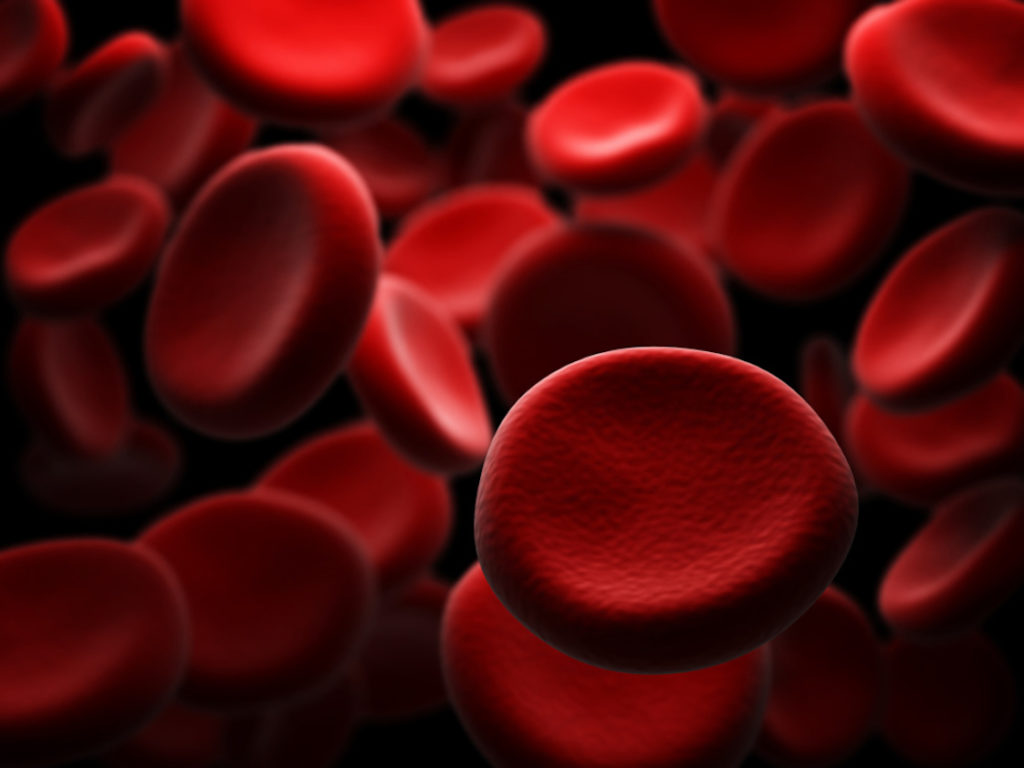People with cancer often have anemia, a condition characterized by an abnormally low level of red blood cells or hemoglobin, the protein in red blood cells that carries oxygen from the lungs to the body’s tissues and organs.
Can cancer or cancer treatment cause anemia / low red blood cell count?
Cancer and some cancer treatments can cause anemia, but there are many other reasons someone may be anemic. Not everyone with cancer has anemia or will develop it. In fact, anemia is more likely to be caused by other factors than cancer, say specialists.
Cancers that involve the bone marrow, like leukemia or lymphoma, can cause anemia because red blood cells are produced in the marrow. Some cancers can metastasize to the bone marrow, such as breast and prostate cancer, and if this happens can also interfere with red blood cell production and cause anemia. Cancers that are prone to cause bleeding, like colon and stomach cancer, are also potential causes of anemia due to blood loss. Cancers also cause inflammation, which suppresses the bone marrow and can lead to anemia.
[Learn more: What are the symptoms of leukemia?]
Both chemotherapy and radiation treatment for cancer can cause anemia, because these modalities attack fast-growing cells, including red blood cells. Sometimes anemia develops during cancer treatment because the person isn’t getting enough vitamins and minerals in their diet.
Treatments for cancer-associated anemia depend on the cause of anemia. Common treatments include giving drugs that increase red blood cell production or supplementing red blood cell levels with transfusions. If a patient has anemia due to iron deficiency, anemia can be treated by increasing iron through supplements, dietary changes, and sometimes intravenous administration of iron.

Can anemia cause or lead to cancer?
Despite their close connection, anemia does not cause cancer — it is a result of the disease, or the drugs used to treat it, or both.
What are the symptoms of anemia?
Symptoms of anemia may become noticeable only gradually but are more pronounced if the anemia becomes more severe and not enough oxygen is reaching the tissues and organs. Symptoms include:
- Fatigue
- A fast heartbeat or breathing rate
- Shortness of breath
- Dizziness
- Pale skin, nail beds, mouth, and gums
.
What is the most common type of anemia?
The most common type of anemia is iron-deficiency anemia – low levels of iron in the body. Anemia can also be caused by blood loss, decreased or faulty red blood cell production, or the destruction of red blood cells.
How is anemia diagnosed?
A diagnosis of anemia can be made through a complete blood count (CBC) laboratory test that measures your hemoglobin level and other characteristics of your red blood cells, including their size. To determine what is causing the anemia, a number of other tests can be performed, including blood chemistry tests, a bone marrow exam, and test of your stool to check for internal bleeding.
Another test that can diagnose iron-deficiency anemia is serum ferritin level. Ferritin is a protein that stores iron. Low levels of ferritin lead to iron-deficiency anemia. Elevated levels of ferritin, on the other hand, are often found in patients with conditions that cause the body to absorb too much iron, such as hemochromatosis. Elevated levels of ferritin can also be due to inflammation. High levels of ferritin have been found in patients with some forms of cancer, such as lymphoma, cervical, and breast cancer, and high serum ferritin levels are associated with poor survival in some cancers.
